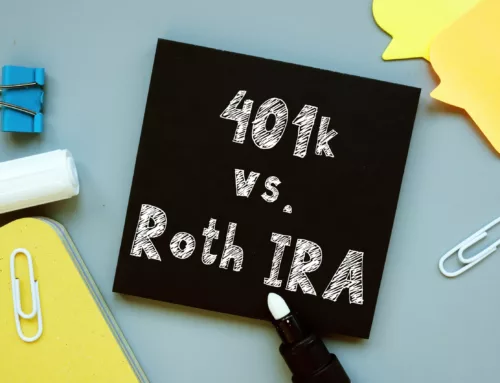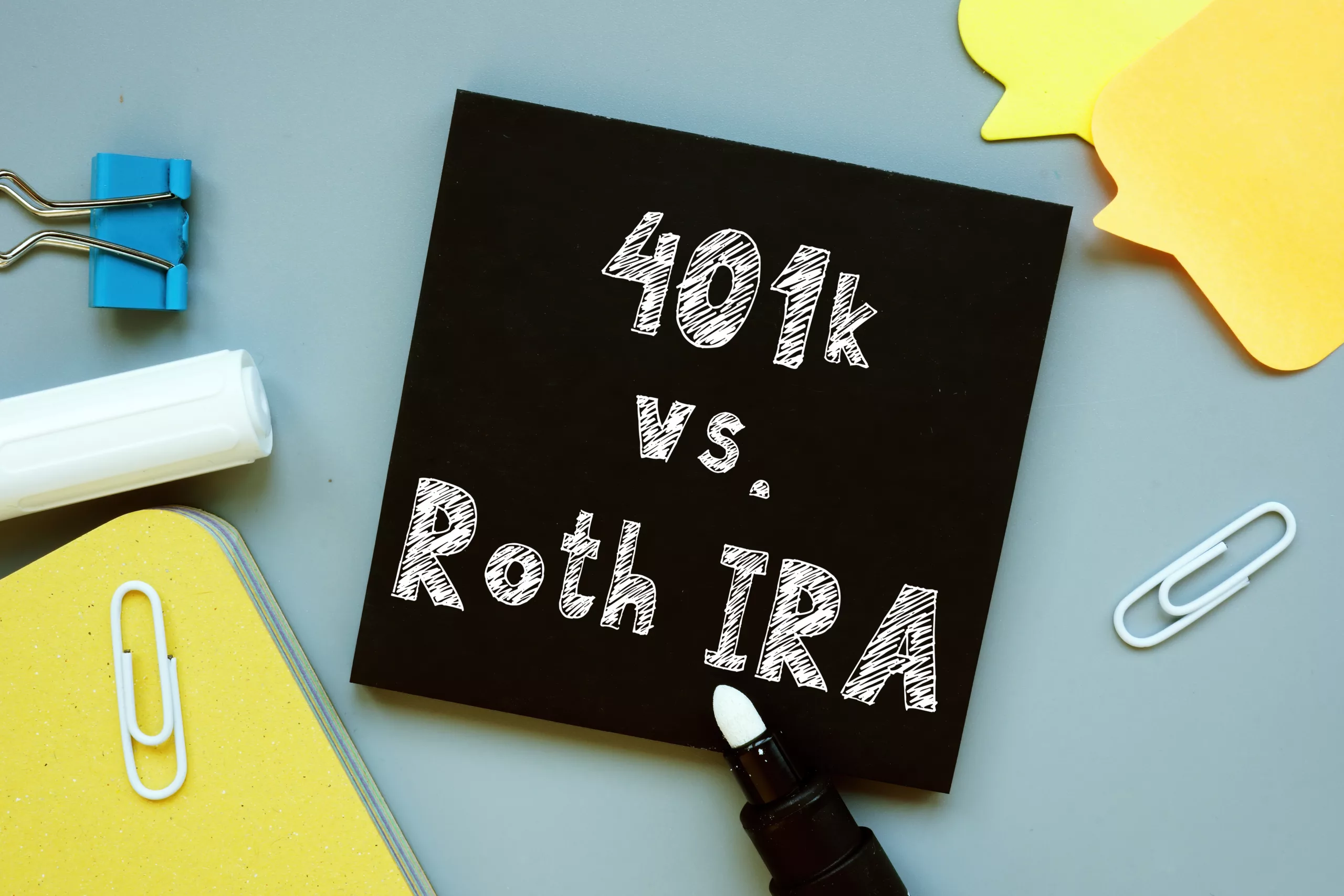How to Build Credit – A Step-by-Step Guide
It seems that in the world as it is today, you can’t get anywhere without knowing how to build credit. After all, who has all the cash on hand necessary to buy so many things you need in life? Think about the big things like cars, or houses, or luxury items. But even beyond that, everyday expenses can often outpace your income.
Looking to buy those groceries before payday, but you can’t touch the money in your bank account because rent is due? Throw it on a credit card. Need a new dress shirt for that big interview, but you’re between revenue streams. Yes, charge that, please! Having credit at your disposal can be critical in a punch.
Therefore, let’s face the facts: knowing how to build credit isn’t just about convenience. It’s a survival skill. Because when opportunities won’t wait for you, paying the admission price to them is key. What in the past seemed like a luxury is now a necessity. And that means you need to line up everything you need to get yourself approved by lenders to have credit extended.
For a lot of people, the prospect of how to build credit can seem daunting. So many hurdles to overcome, so much uncertainty, and perhaps even a measure of embarrassment. After all, what happens if your application isn’t approved? Such rejections can make one feel lost and undervalued.
But don’t worry – we got you! By employing a little knowledge and some patience, you can learn how to build credit. It might take a little time, but it’s something you will be glad you did. Here’s a step-by-step guide to follow and get you on the path to an easier financial future.
Start with the Right Credit Card
Credit scoring agencies are all about looking at your financial history. They want to see that you pay your bills on time and are responsible. The easiest way to prove that to them is by having a credit card with debt that is always promptly serviced. If it’s your first time applying for a card, start out with retailer cards for stores or gas stations. Use them all the time for purchases instead of cash and pay your premiums by the due date. Show that you keep on top of them. It will improve your credit score.
Another type of card you can choose is a secured credit card. In this case, you ensure the credit limit by depositing that amount. So, for example, if the card’s limit is $1,000, that means you’ve deposited that same amount into the credit card account to assure you won’t default. Regardless, it still gives you the opportunity to prove that you can use credit and pay off debt as per the rules – and that builds your credit score.
Become an Authorized User or Find a Co-Signer
Another way to get that first credit card is by becoming an authorized user on someone else’s credit card account. A friend, colleague or family member issues you a card in your name from their account. You use the card to purchase items. And you make sure to pay it all off on time. Again, there you are, proving you are a responsible credit user.
Not only that, the person who has authorized you will also have their good credit rub off on your report as well. If you can’t find someone to authorize you on their account, see if they won’t co-sign onto a new credit card for you using their good credit. Now you have your own card to build on, thanks to their help.
Add a New Credit Card to Your Wallet
Once you’ve built up enough good credit, start shopping for new cards. Even if you are given high-interest rates or low credit limits, managing multiple cards and keeping on top of payments will again show that you are a good risk to credit issuers. This is the moment you can graduate from that gas station card to a major credit card issuer welcomed as payment worldwide – and that means getting even more credit down the road.
Keep an Eye on Your Credit Score
Now that you’re on the road to building your credit, it’s time to build it up even more. As you assume more debt and work, stay ahead of it. Always keep in mind that credit monitoring companies are watching your history closely. And for many credit issuers like banks, those agencies are who they often look to help assess what kind of a risk you are as a borrower.
The thing is, those credit monitoring companies make mistakes. For example, if a lender makes an error adjusting a purchase on your credit card, it may end up on the report even if the issue was resolved. You will have to contact the agency and go through the process of correcting. But there might also be a mistake on your part. Perhaps you have debt out there that you have neglected. In either case, keeping your eye on your credit score will help you build credit as well.








